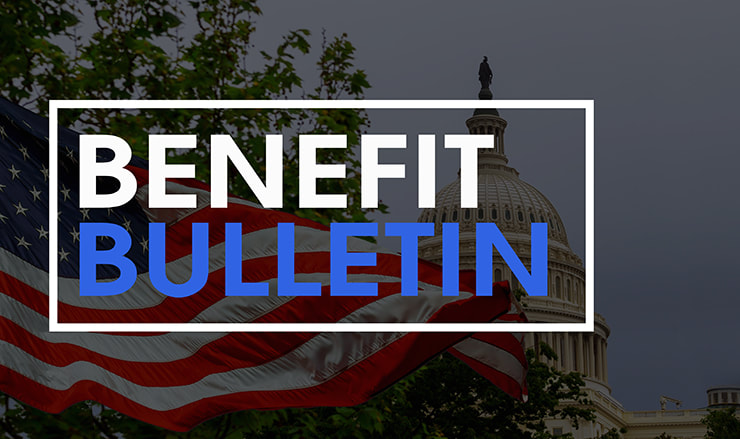|
President Joe Biden signed the American Rescue Plan Act of 2021 (ARPA) into law on March 11, 2021. Along with providing financial relief for individuals, state and local governments, schools, businesses and for other purposes, the law contains the following measures of special interest to large and small employers.
Recent ARPA Guidance for Employers
|
Our WritersWe ask that all employees at Grooms Benefit Solutions contribute ideas to our Insights blog. Everyone here has a voice, and we love that. Topics
All
Inbox Insights
By subscribing, you agree to hear from us once in a while. Unsubscribe at any time. See our full privacy policy here.
Archives
August 2023
|
|
OUR SERVICES
|
OUR CULTURE
|
© 2024 GROOMS BENEFITS - ALL RIGHTS RESERVED
|



